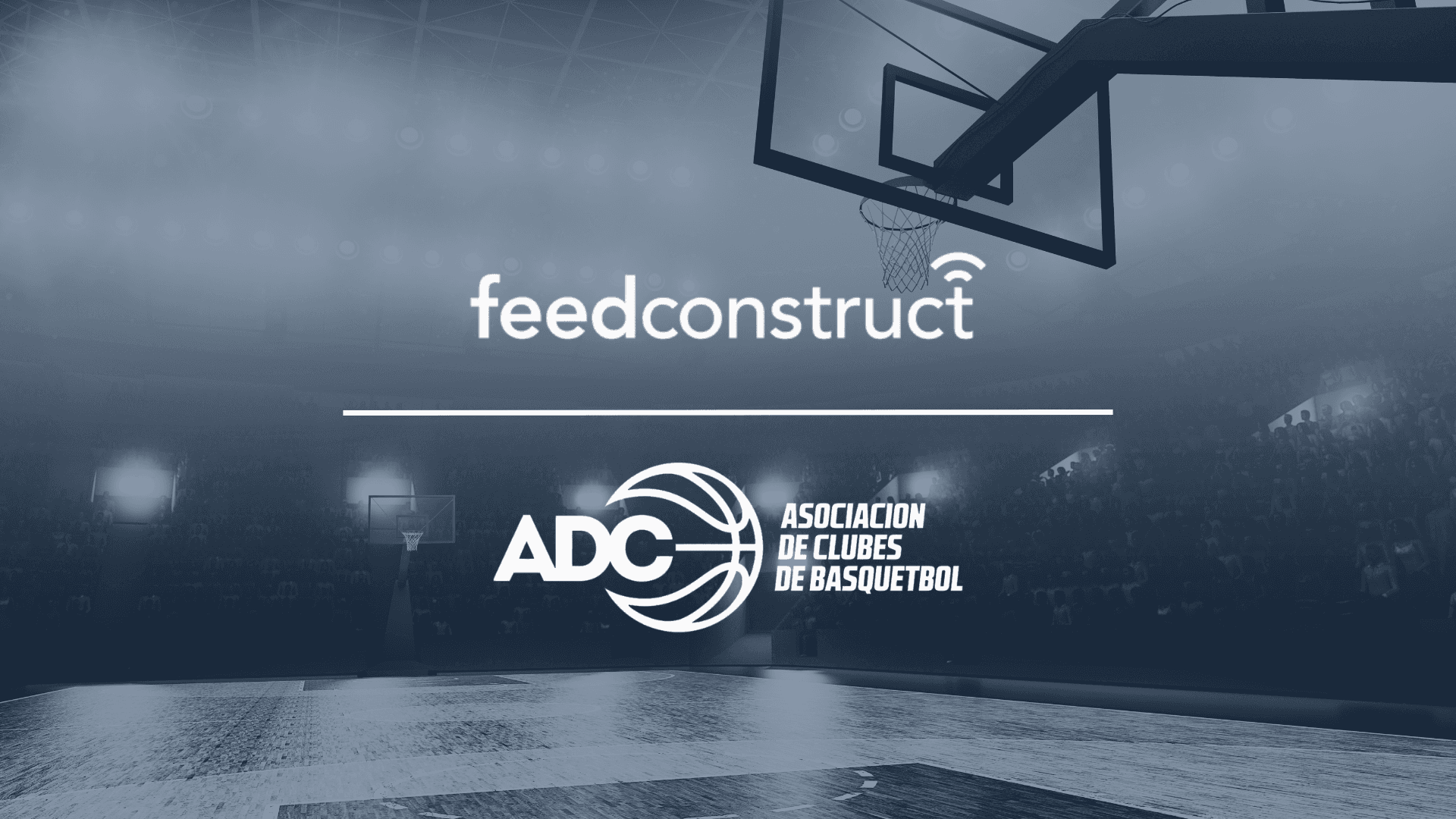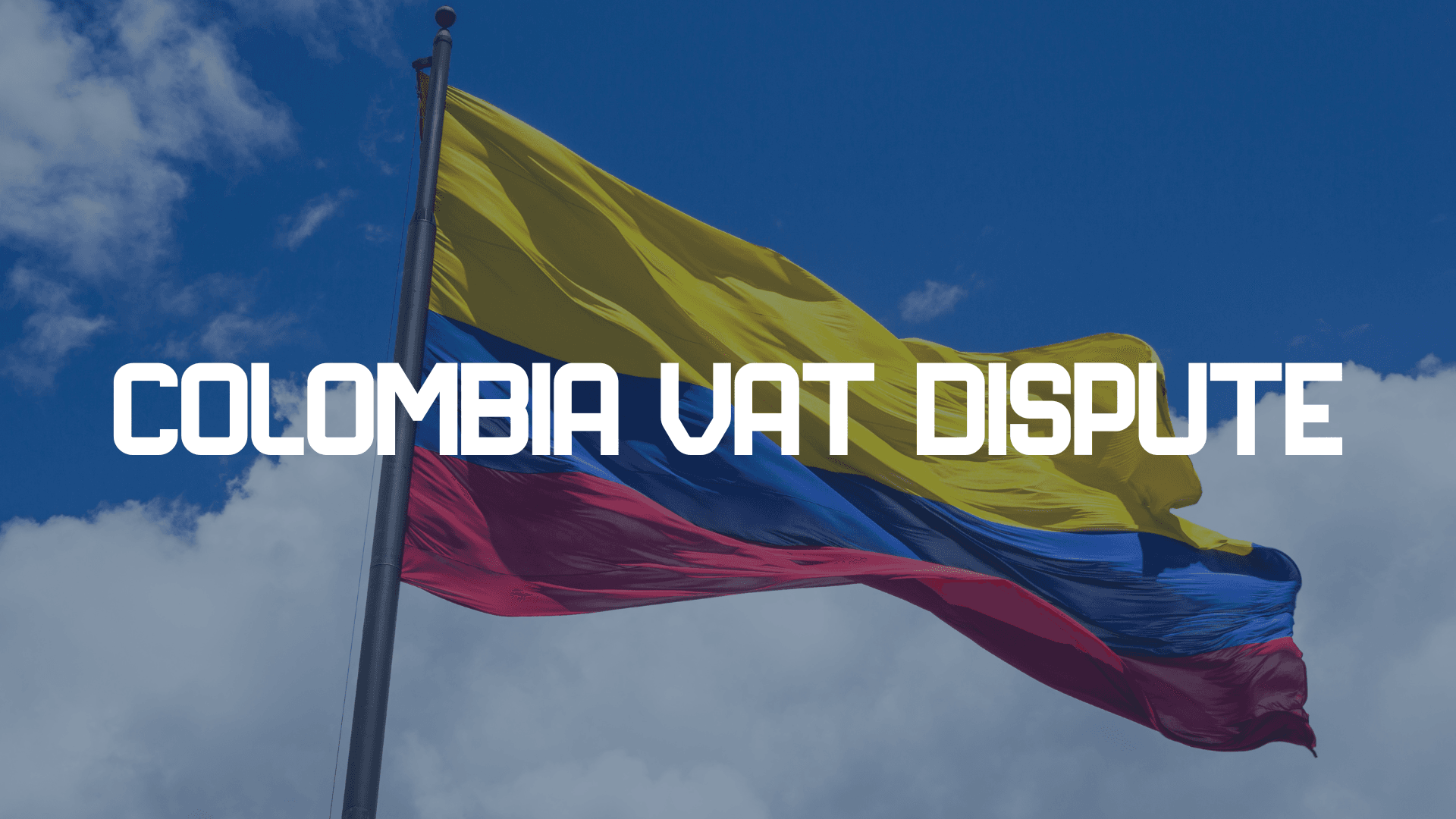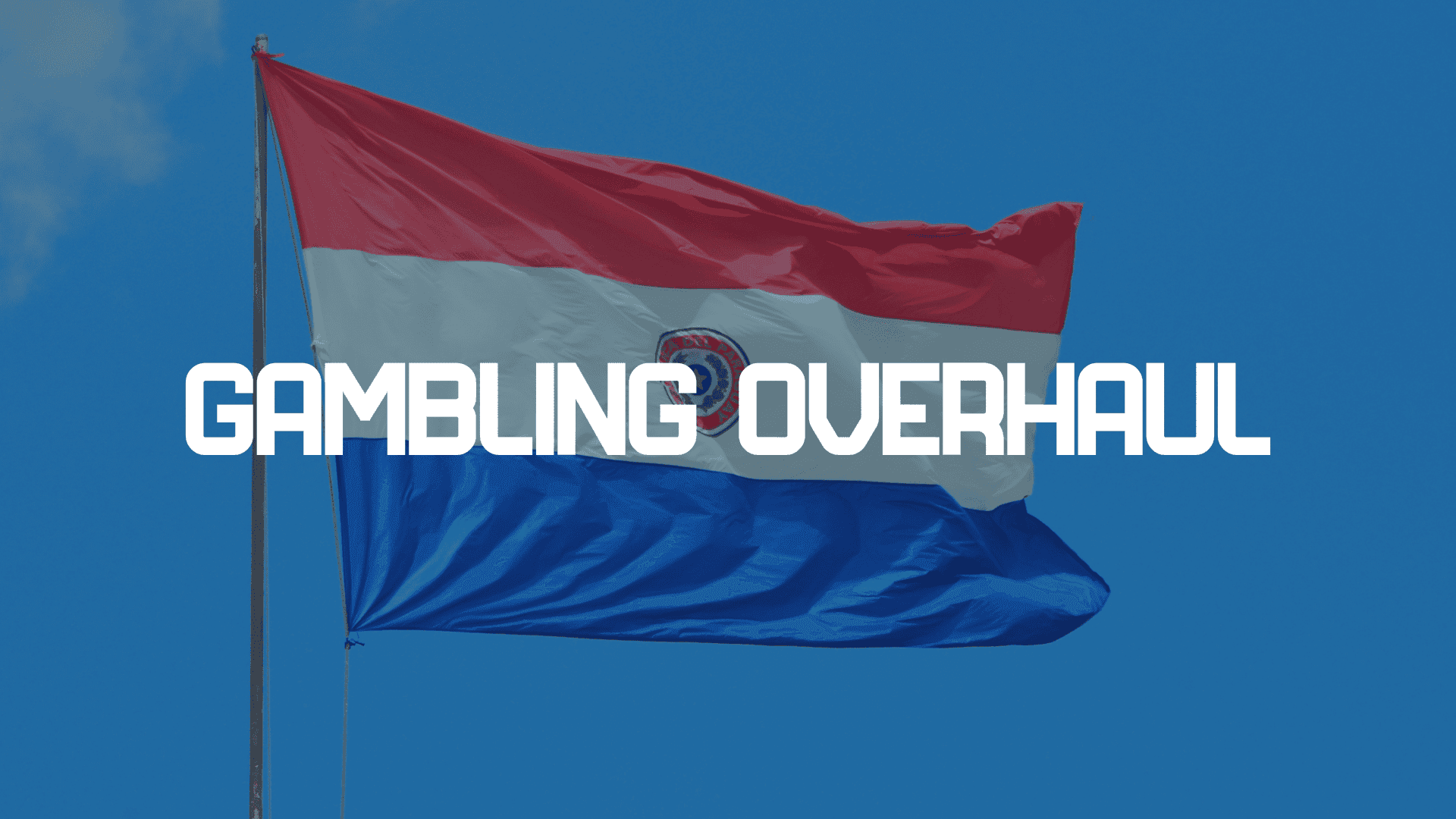Paraguay has taken a major step toward transforming its gambling industry with the implementation of Law No. 7.348/2025. This landmark legislation puts an end to the country’s decades-old monopoly structure and introduces a modern, competitive, and transparent regulatory framework aimed at revitalizing the national gaming ecosystem.
The reform not only opens the market to private operators across all verticals, including online gambling and sports betting, but also brings a complete restructuring of the country’s regulatory authority. With this shift, Paraguay aims to attract investment, increase state revenue, and promote responsible gambling through stronger oversight and enforcement mechanisms.
Opening the Market: From Monopoly to Multi-License Model
For years, the Paraguayan gambling industry was characterized by a monopoly system in which exclusive concessions limited market participation. Law No. 7.348/2025 dismantles that model and introduces a multi-license structure. Key provisions allow:
• Up to three licenses per gambling category, such as lotteries and sports betting
• Unlimited licenses for other verticals, including online casinos, virtual games, and instant-win products
• Open bidding processes for licensing, ensuring competitive access to the market
This transition from a closed model to a liberalized environment is designed to stimulate innovation, improve service quality, and expand the number of regulated operators offering games to Paraguayan consumers.
Enhanced Oversight and Regulatory Authority
The reform also reorganizes the country’s gambling regulator. The National Gaming Commission (Conajzar), previously operating with limited independence and oversight, will now function under the supervision of the National Directorate of Tax Revenue (DNIT). This restructuring is intended to:
• Strengthen transparency and accountability
• Improve inter-agency coordination on tax collection, licensing, and enforcement
• Increase operational efficiency and reduce opportunities for corruption or irregularities
Additionally, new guidelines require licensed operators to adhere to stricter compliance protocols, including mandatory reporting, anti-money laundering (AML) controls, and enhanced player protection policies.
Combating Illegal Gambling
One of the core motivations behind the reform is the need to tackle illegal and unregulated gambling, which has long undermined tax revenue and consumer protection efforts. The new law grants authorities the power to:
• Confiscate equipment from unauthorized operators
• Block digital access to offshore or unlicensed gambling websites
• Prosecute individuals or companies involved in illegal gambling, with penalties of up to five years in prison
By formalizing enforcement mechanisms, the government seeks to eliminate the shadow economy surrounding gambling and ensure that all players operate within the bounds of the law.
Boosting State Revenue Through Regulated Growth
Gambling taxes have historically represented a small but significant source of state revenue in Paraguay. In 2024, the country collected approximately PYG 175.8 billion (roughly $21.9 million USD) from gambling-related activities. With increased market participation, tax compliance, and better enforcement, officials expect this figure to rise substantially in the coming years.
The government plans to reinvest part of the additional revenue into public welfare programs, including healthcare, education, and infrastructure development. This reinvestment strategy is central to the law’s broader vision of using gaming as a vehicle for national development.
Fostering Investor Confidence and Innovation
The new regulatory environment has been designed with international best practices in mind. By providing a clear and competitive licensing process, Paraguay is seeking to position itself as a destination for foreign investment in Latin America’s iGaming and betting sector.
Investor-friendly measures include:
• Legal guarantees for licensed operators
• Transparent bidding and renewal processes
• Standardized tax rates and operational guidelines
• Regulatory clarity around digital operations, including mobile gaming and virtual sports
Industry analysts view this as a critical turning point that could bring more regional and global players into the Paraguayan market, increasing competitiveness and raising overall industry standards.
A Regional Signal of Change
Paraguay’s reform comes amid a wave of regulatory modernization across Latin America. Neighboring countries like Brazil, Chile, and Colombia have also introduced legislation aimed at regulating online gambling, reinforcing a continental trend toward oversight and formalization.
Through Law No. 7.348/2025, Paraguay joins this movement, signaling a strong commitment to transparency, economic diversification, and consumer protection in an industry that is rapidly evolving.
Sources: SiGMA, iGaming Business, Focus Gaming News

Betsson Becomes Official Betting Partner of the Davis Cup

Betinia Expands Gamification Strategy with Diego Simeone ‘Football Manager’ Platform

Betty Expands Toronto Footprint with Argonauts and Toronto FC Deals

FeedConstruct Acquires Exclusive Global Rights to Argentine Basketball Leagues

Petro Pushes to Preserve Colombia’s Gambling VAT Amid Budget Pressure
2026 © Invixos. All rights reserved. A product by Jerom Verschoote.

